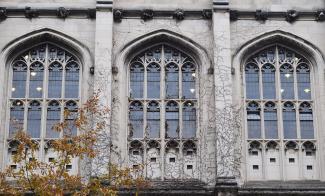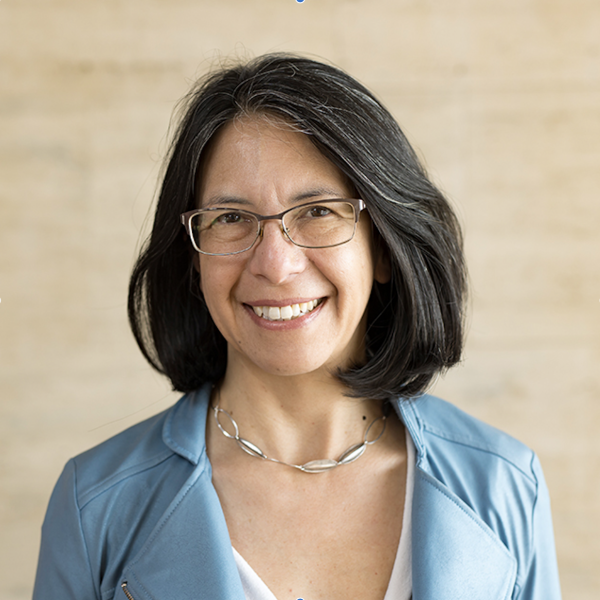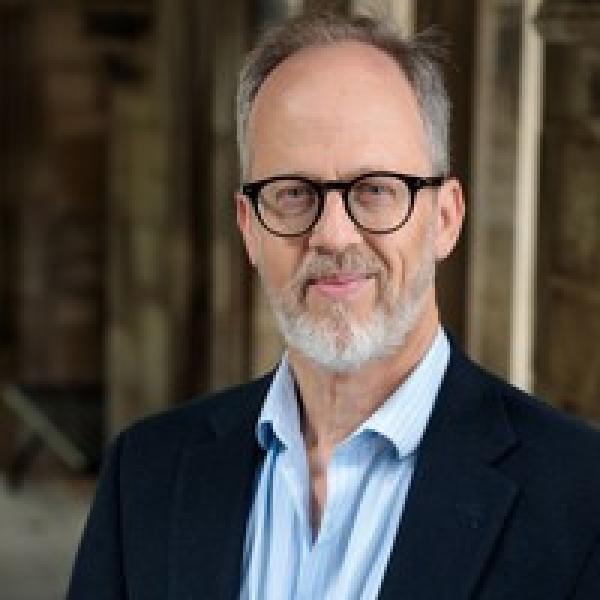
Faculty in the Department of Slavic Languages and Literatures specialize in Bosnian, Croatian, Serbian, Bulgarian, Czech, Polish, Russian, and Ukrainian cultural and literary studies, while also engaging with the non-Slavic cultures of the broader region. The department emphasizes rigorous interdisciplinary research that aligns well with the goal of many MAPH students. While students can take all of their courses through the Department of Slavic Languages and Literatures, they may also find relevant coursework in Cinema and Media Studies, Comparative Literature, English Language and Literature, Language Study, and Theater and Performance Studies.
Selected Faculty
Sample Courses
REES 34425 - Russia’s Culture Wars (Ania Aizman)
A look at contemporary Russian culture through Russia’s invasions, from Afghanistan in 1979 to Ukraine in 2022. Broadly, this course explores the extent to which war and other types of state violence determine cultural life. How do the policies and tactics of war, and the art and literature of wartime, convey ideas about power and the state, traditional vs. modern values, civilizational mission vs. cultural pluralism? Beyond Russian literature and film, we consider voices from Afghanistan, the Caucasus, Chechnya, Syria, Belarus, and Ukraine, asking, What is the cultural impact of Russia’s invasions?
SLAV 36800 - Balkan Folklore (Angelina Ilieva)
This course is an overview of Balkan folklore from ethnographic, anthropological, historical/political, and performative perspectives. We become acquainted with folk tales, lyric and epic songs, music, and dance. The work of Milman Parry and Albert Lord, who developed their theory of oral composition through work among epic singers in the Balkans, help us understand folk tradition as a dynamic process. We also consider the function of different folklore genres in the imagining and maintenance of community and the socialization of the individual. We also experience this living tradition first hand through our visit to the classes and rehearsals of the Chicago-based ensemble "Balkanske igre."
SLAV 35502 - The Russian Novel (William Nickell)
The course will focus on three of the greatest philosophical crime novels in modern literature: Gogol’s Dead Souls, Dostoevsky’s Crime and Punishment, and Bely’s Peterburg. Together they chart the course of development of the Russian novel, engaging literature’s essential questions, but also its “accursed” ones, as the Russians say—the ones that can never be answered, but provoke the most worthy of sort of debate.
SLAV 39201 - East European Horror Cinema (Malynne Sternstein)
Eastern Europe has menaced the "enlightened" West for centuries. It remains to this day a valuable source for negotiating the West’s phantasies. One need only look at the rich and varied story of the vampire through popular culture from the 18th-century revenant to the 21st-century sex symbol and family man to confirm this fascination. Eastern Europe (and I use this term here to conform to popular discourse) is the West’s necessary construct to enforce the ideation of its own health and weal. In this course contemporary horror film produced both within and without Eastern Europe—and at times in partnership with the “West”—but all with the East as haunt, landscape, and affect are discussed with the West’s and East’s anxieties (social, political, artistic) in mind. Films include Eli Roth’s Hostel franchise, Julie Delpy’s The Countess, Timur Bekmambetov’s Night Watch and Day Watch, Pavel Ruminov’s Dead Daughters, Nacho Cerdà’s The Abandoned, György Palfi’s Taxidermia, and the highly controversial A Serbian Film directed by Srđan Spasojević.
A complete listing of offerings is available at the Department’s course page.
Russian and East European Studies (REES) Specialization
The Russian and East European Studies (REES) Specialization allows MAPH students to focus on the culture and politics of Central and Eastern Europe, Russian and Eurasian in depth and breadth. The student choosing this specialization may take courses entirely in REES, but may also choose to support their REES component with courses in areas like Art History, Cinema and Media Studies, Comparative Literature, Theatre and Performance Studies, or courses from departments in the Social Sciences, such as History, Anthropology, Political Science, or International Relations.
For students entering MAPH with background of study or heritage mastery of a REES language (Bosnian-Serbian-Croatian, Czech, Polish, Ukrainian, Russian, etc.) or REES affiliated language (Yiddish, Hebrew, Kazakh, etc.), the REES specialization may be completed in the MAPH one year course of study. For the two-year degree, REES directed study offers courses in languages of the region, including languages offered outside the Slavic Department, such as Yiddish, Kazakh, Armenian, etc.) For either the one- or the two-year MAPH program, language courses at or beyond the 200-level may be considered as fulfilling requirements for the REES MA specialization. For the two-year option, it is also possible to count one year of beginning level study of a second language of the region.
Students who complete the following requirements will receive a notation on their MAPH transcript of record of their concentration in Russian and East European Studies:
- The MAPH Core Course (Foundations of Interpretive Theory)
- A designated MA REES concentration winter quarter course
- Three additional REES courses or approved elective courses
- Proficiency in a language of the region as determined by short interview or placement examination
- An MA thesis or project in Russian and European Studies under the supervision of a REES-affiliated faculty member, with approval from the Director of Graduate Studies in REES
The REES Specialization can work well with the Two-Year Language Option.
Recent Slavic Thesis Projects
“From Grand Narrative to Personal Narrative: Literacy Rearticulations of post-Yugoslav Belonging”
Elly Haljiti, MAPH ‘25
Advisor: Ania Aizman
“Prigov as Handler of Relics, as Dissident, as Dante”
Isak Saaf, MAPH TLO ‘24
Advisor: Haun Saussy
“Stalinist Answers to the National Question: A Case Study of How Dagestani Nationality Was Defined Through Poetry, 1934-1935”
Roxanne Fisher, MAPH TLO ‘23
Advisor: William Nickell
"Waiting for a Miracle, Becoming a Revolution: A Postsecular Reading of Tadeusz Konwicki’s The Polish Complex"
Marta Lasota, MAPH TLO '22
Advisor: Bozena Shallcross
"Tolstoy and the Literary Peasants"
Yiyang Wang, MAPH '20
Advisor: William Nickell



